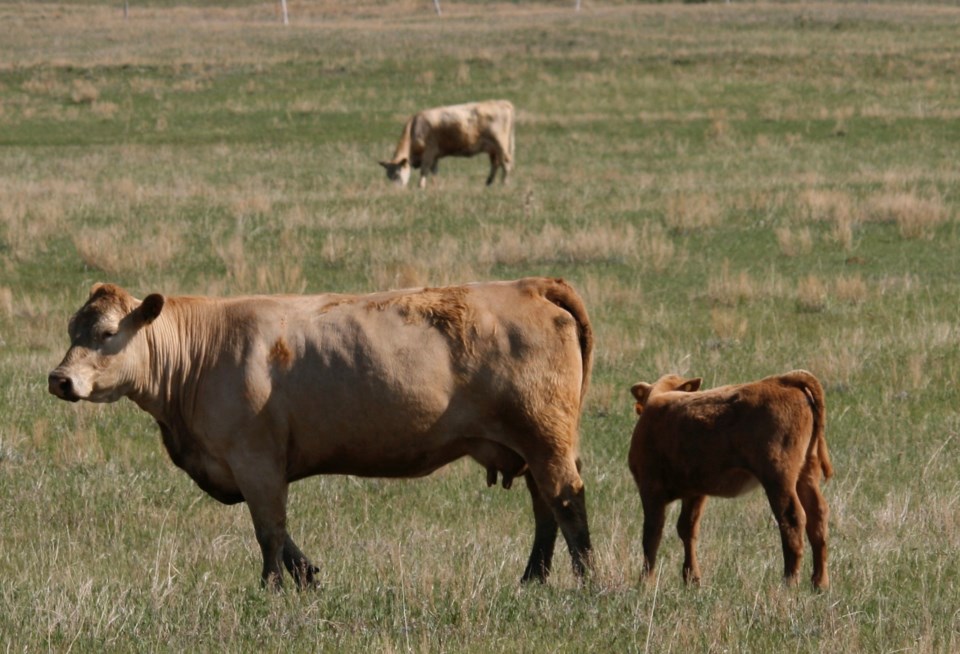Beef producers face a drove of issues impacting the industry.
Tyler Fulton, vice-president of the Canadian Cattle Association outlined the issues and some victories to the annual Saskatchewan Stock Growers Association convention in Moose Jaw.
“We cannot underestimate the value of (international) trade on our industry,” he said. “Obviously the United States is a big part of that.”
The CCA opposes the “one sided” trade deal between Canada and the United Kingdom.
“It was a watershed moment when we opposed the Canada trade deal with the United Kingdom
“We have been the biggest advocates for trade but it has to be fair and open.”
The Manitoba rancher said the UK negotiated bilateral agreements with open access directly for beef from Australia and New Zealand.
The Canada trade deal gives the UK unlimited access to Canada but limits Canadian beef exports to 3,000 tonnes annually.
The European Union trade pact has been disappointing with new non-tariff barriers continually coming up.
Voluntary product of USA labelling impacts would hurt. Fulton said Canada and Mexico may need retaliatory tariffs as with Country of Origin Label plans.
“Only beef from cattle born, raised, slaughtered and processed in the United States can carry the (USA) label.”
Several conversations with national beef cattle associations in the U.S. found they are not in favour of the label plan.
The plan is in a comment period now. Packers agree it would have pretty significant impact on cross-border trade.
Meetings in Mexico showed concern over Brazilian beef moving in large quantities to Mexico and United States and possibly Canada. Brazil is laggard in reporting disease in livestock.
On a positive trade note: Japan and Taiwan have opened to beef from Canada.
New Canadian regulations on traceability of livestock are in public comment period. They will require movement reporting and more record keeping
“How will this work?” he asked
An employee of Moose Jaw’s JGL Livestock said existing regulations are a problem. Trucking cattle from Kelvington, Sask. to southern Alberta requires an eight-hour stopover.
The regulations are “part of the picture in preparing and being prepared for an animal disease outbreak and actually have value,” said Fulton.
One victory for beef producers this past year was eliminating the proposed fat content label on retail meat packages.
“It was a big win for us. Why did we have to fight this out? It was not grounded in common sense.”
Another victory was a federal budget item for a foot and mouth disease vaccine bank.
The CCA looks for improved business risk management and low barriers to entry for new packers to bring competitiveness.
Social media campaigns and The Other Side website are used “to move the dial on negative connotations that in large part come from outside Canadian boundaries and migrate through media and just get into public perception.”
Ron Walter can be reached at [email protected]




